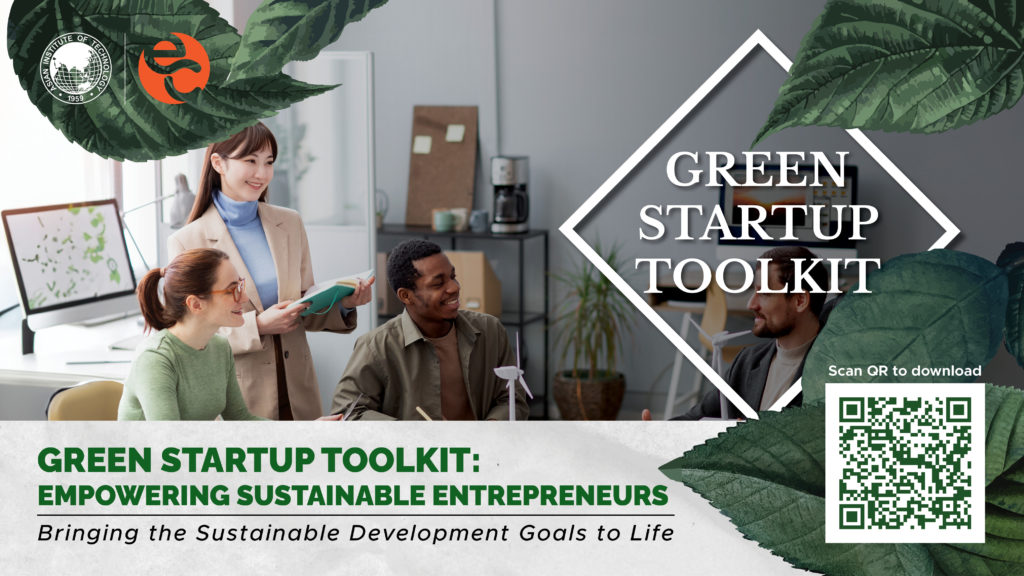The Sustainable Development Goals (SDGs) are a collection of 17 interlinked global goals designed to be a blueprint to achieve a better and more sustainable future for all, adopted by all United Nations Member States in 2015. It aims to eradicate poverty and protect the planet for peace and prosperity of the people by 2030.
A goal for every individual and company is SDG 12 – Responsible Consumption and Production which arguably connects most of the SDGs. Sustainable consumption and production (SCP) is one of the overarching objectives of, and essential requirements for, sustainable development, together with poverty eradication and the management of natural resources in order to foster economic and social development. Fundamental changes in the way societies produce and consume are indispensable for achieving global sustainable development.
It is projected that by 2030 the world’s population could reach up to 8.5 billion and this will have an impact on what and how individuals and societies consume, especially when it comes to food, transportation, housing, consumer goods and leisure1. The amount of materials consumed by people in order to live has exploded in many parts of the world, highlighted by the fact that the global extraction of natural resources has tripled over the past four decades, rising to an enormous 70 billion tonnes in 2010 (UNEP). If current trends continue, then humans will need the equivalent of two Earths to support themselves by 2030.
Therefore, innovations and startups focusing on environmental, social, economic and governance are needed to support sustainable consumption and production. The Green Startup Toolkit is designed to be a guide for environmentally-conscious startups who are working on sustainable solutions as well as individuals who want to become eco-entrepreneurs.
The Green Startup Toolkit
This toolkit was created in collaboration with colleagues from the United Nations Environment Programme (UNEP), the Asian Institute of Technology (AIT), and startup founders. Designed to support founders and their startups at various stages of development, the Toolkit is structured as follows: Firstly, the Sustainable Consumption and Production (SCP), its values, and the requirements of starting up green businesses are discussed. Secondly, definitions of the green startup are explained and a step-by-step procedure is introduced as a guide for starting up a green business toward sustainability. Finally, the most relevant business tools are provided to support green startups.
The six main phases of the green startup implementation process from idea generation to accelerate, as presented in the figure below, and will be discussed in detail as we go along.

